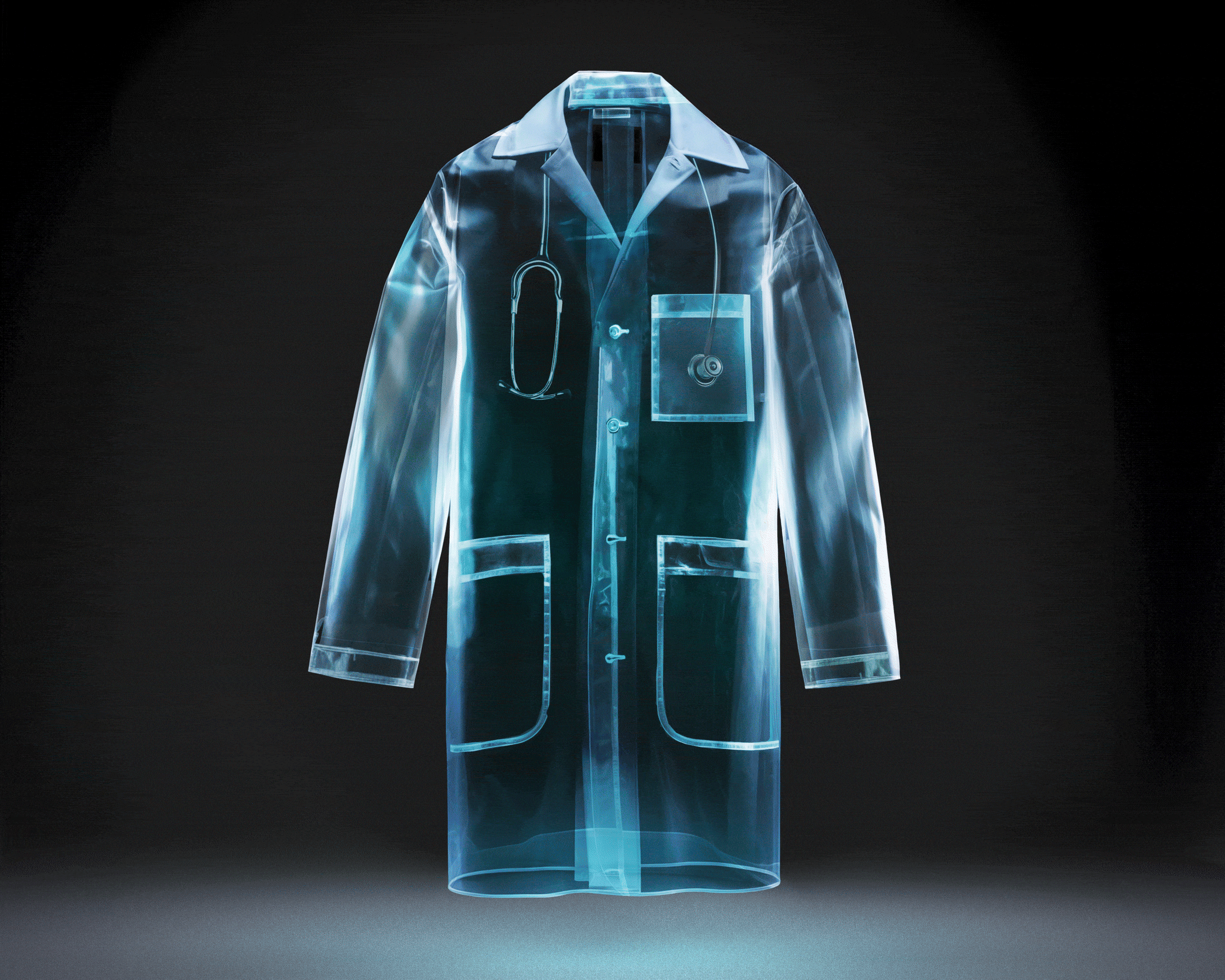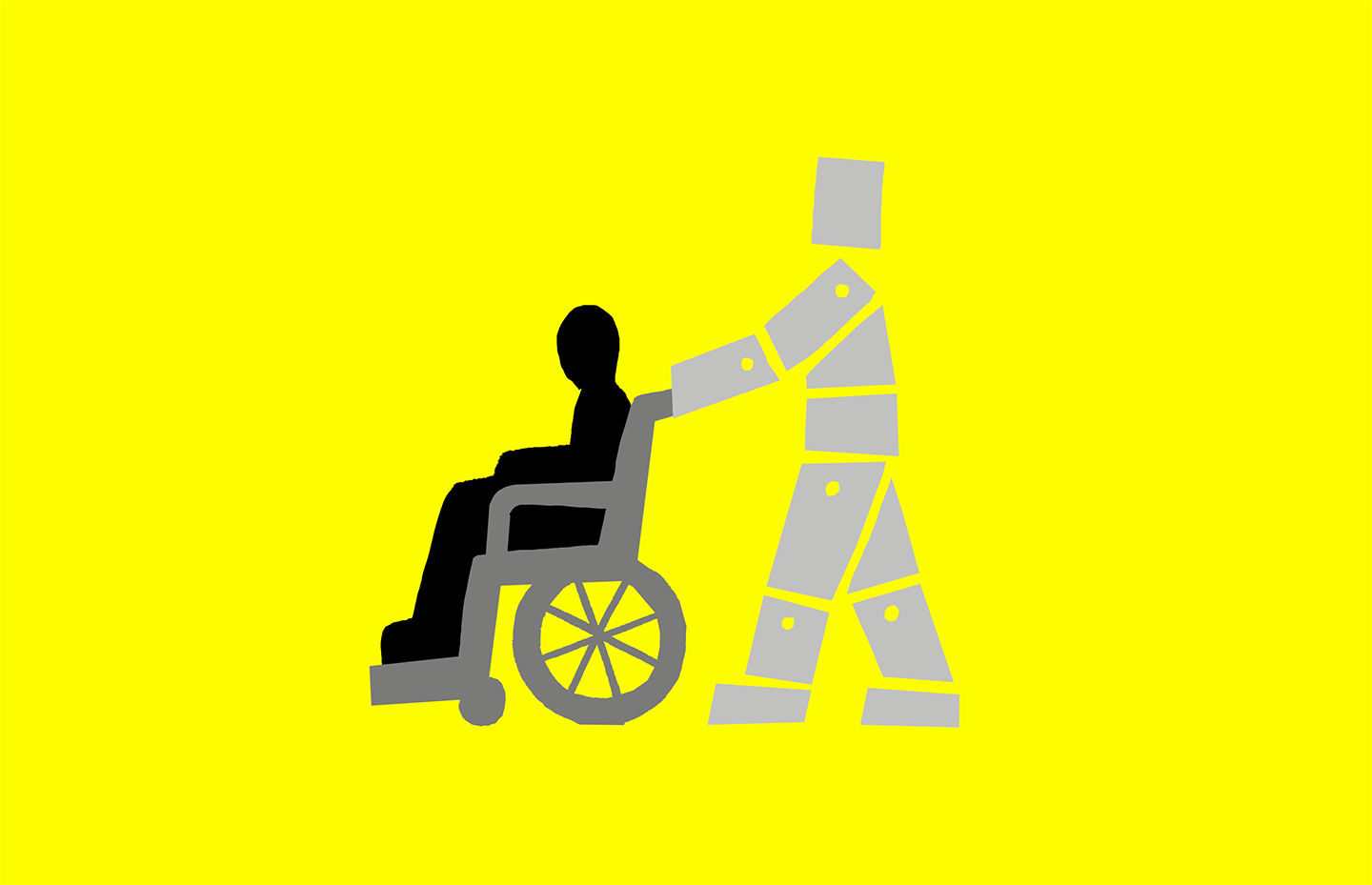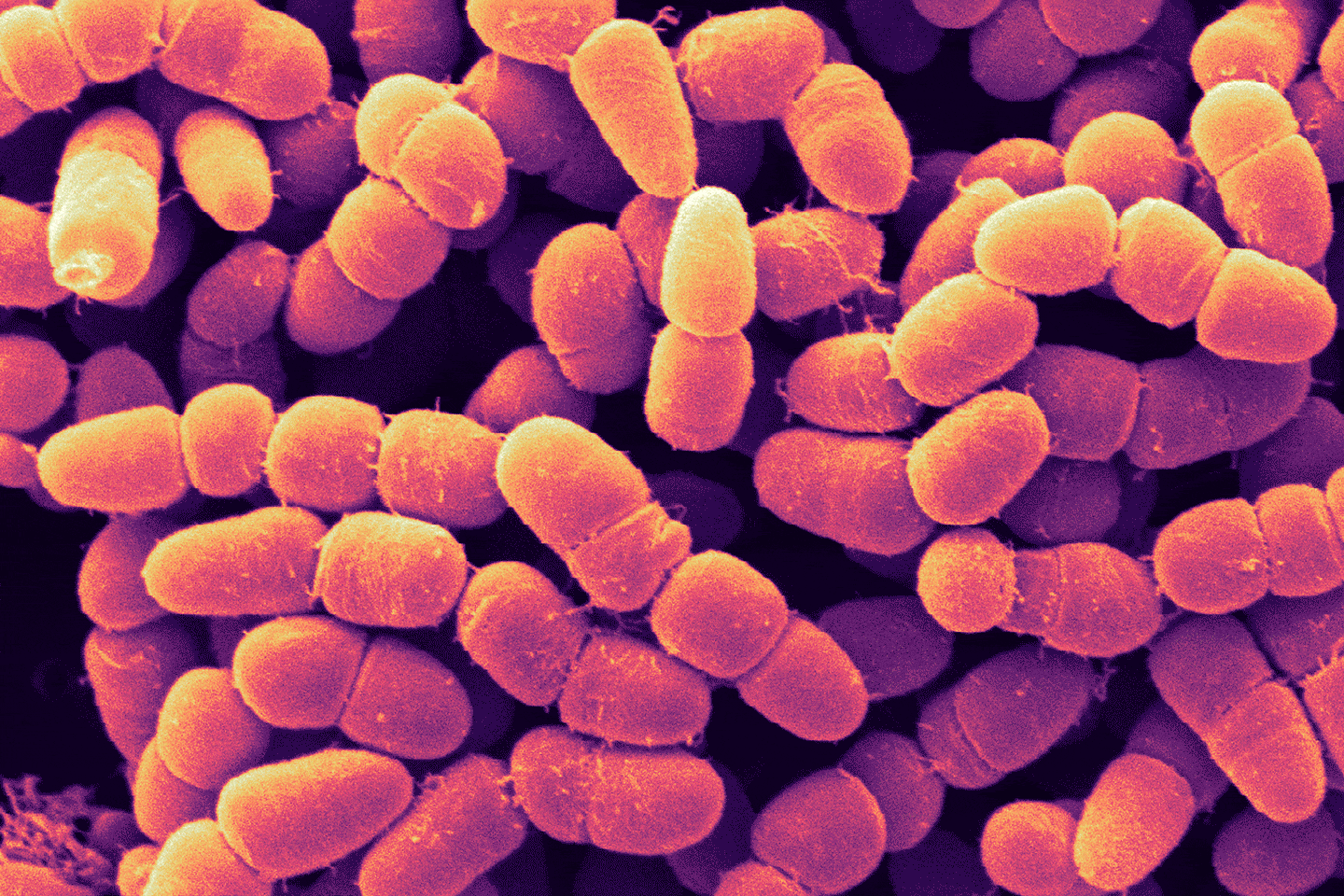One of the great things about covering the latest discoveries in the top-tier journals every week is that we occasionally like to circle back to some of the research papers we wrote about and say hang on, what if…? Since these papers stuck in our minds, we decided to share with you our thought experiments based on them.
Provocation #1 Conniving cells: Could we teach tissue culture to cheat at chess?
This thought experiment is inspired by three completely unrelated developments last year. The first was the stunning report out of Melbourne, Australia, that researchers at Cortical Labs developed a system they call Dishbrain, which is basically a slimy monolayer of cultured neurons growing in a Petri dish and linked to a computer through electrodes. In their paper, they describe how they used electrophysiological feedback and stimulation to teach the cells to play a version of the video game Pong in just five minutes. They say the technology could be used to test theories of how the brain interacts with the world and to better understand human intelligence in general.
A second paper describes how AI research on how artificial agents are learning negotiation and diplomacy skills by playing the board game Diplomacy. Meanwhile, back in the fully embodied world, the international chess scene blew up last year after the Norwegian chess grandmaster Magnus Carlsen accused U.S. chess grandmaster Hans Niemann of cheating—something that became the subject of a $100 million lawsuit.
So now we’re wondering how long until those Australian brain-in-a-dish researchers teach their cells to play other games, like chess? And how long before they start to see emergent intelligence cheating? Could we coax one cell culture to sue another for defamation. You slime!
#2 DNA nose: If we can sniff animals from the air, can we do the same with humans?
Last summer, a team of scientists at York University in Toronto described an innovative new way to monitor biodiversity and ecological health in terrestrial ecosystems by monitoring traces of DNA in the air. By sampling the air within Hamerton Zoological Park in the English countryside, they were able to tease out dozens of separate species, including 17 species found in the zoo as well as DNA from local wildlife, like the endangered Eurasian hedgehog.
Though this research is focused on animals, we wondered whether the same approach could become a tool for criminal investigations as well. Could it be used to track human populations or even to search for specific people? Could you use it to follow displaced populations or build evidence of war crimes? Could you find a fugitive on the run or build evidence of trespassing or other crimes? The nose knows.
#3 The good/bad memory peptide: How can we manipulate it to enhance experience?
Researchers at the Salk Institute in La Jolla, California, used CRISPR to knock out certain genes in mice, and in so doing, demonstrated that a small neuropeptide in the brain’s basolateral complex of the amygdala, called neurotensin, is responsible for the brain’s decision to color a memory as either good or bad. It’s very likely the same mechanism in humans, and while biological processes often turn out to be more complex than we first think, this was exactly the kind of paper that sends our brains into overdrive, so we were wondering…
Could you target neurotensin—or its upstream or downstream effectors—to manipulate this physiology? Suppose you wanted something to remain in your mind as a cherished memory, like your engagement party or your daughter’s graduation. Could you take a drug that would modulate your neurotensin levels and enhance your experience and memory of that event? Could that sort of approach assist cognitive-behavioral therapy, helping people break bad behaviors? Or more sinister, what if you wanted to do the opposite and give someone a drug that would turn a positive, rewarding experience into a bitter memory? Like that illicit affair your partner was having…

#4 Could grass-fed cows make psychotropic dairy?
The German Federal Institute for Risk Assessment in Berlin recently assessed the risk of cannabis byproducts in animal feed. It’s something the U.S. Department of Agriculture still bans, but the same is not true in Germany, where European Union rules allow for expanded use of hemp in feed. In field experiments, the German researchers showed that cows fed hemp with low concentrations of THC exhibited no unusual behaviors. But the animals on high THC feed would yawn, drool, and sway back and forth on their hooves (and we imagine order pizza and ice cream delivery from DoorDash). The cows also produced less milk, and since THC is an oily terpenoid, the German team pointed out that cannabis-fed cows could potentially express it in their milk and pass it along to humans down the food chain.
Could some enterprising cannabis startup raise its own cows, feed them a steady diet of marijuana buds, and develop a line of “hard” dairy products?
So could some enterprising cannabis startup raise its own cows, feed them a steady diet of marijuana buds, milk the cows, and develop a line of “hard” dairy products? Assuming the regulatory hurdles could be overcome and there’s no risk to the welfare of the animals or human health, imagine the marketing! Header Cheddar. Burn Butter. Whey Out of This World. THGhee. Nice Dreams Ice Cream.
#5 How easy would it be to add a smell function to online dating apps?
Dogs do it. Cats do it too. Humans don’t overtly sniff each other’s butts… but we actually sort of do. Researchers at the Weizmann Institute of Science in Rehovot, Israel, showed that we not only sniff each other out as a routine part of human bonding—in fact, we prefer people who smell like we do.
In a series of experiments, they recruited people who were both friends and strangers and harvested their body odors. People who were friends with each other tended to smell more similar and had more positive interactions with strangers who smelled like them, showing they could predict social bonding through body odor.
We are wondering, then, how hard would it be for a peripheral like your VR headset to capture your smell profile and search for a match among your potential hook ups? All you’d have to do is sniff left or sniff right…
#6 Space bowels: Could what’s up there be the cure for what’s down there?
A doctor at Cedars Sinai Medical Center in Los Angeles has a new theory about the origin of irritable bowel disease, a chronic and often debilitating disorder that affects as many as one in ten Americans. According to his “gravity hypothesis,” the driving force behind irritable bowel syndrome may be evolutionary maladaptations to the universe’s oldest force—gravity. Gravity? The entire 3.7-billion-year history of life on Earth has taken place on a planet with a stable mass and almost constant gravity. So how is it that we can be maladapted to a force that is older than the air we breathe?
The logic of the hypothesis is that the problem is not with gravity itself. Rather, as our intestinal tract evolved over time, natural selection may have sacrificed gravitational optimization for changes in form, function, and integrity. Those tradeoffs leave us sometimes ill-equipped to deal with that most fundamental physical force in our gravity-bound world.
So if indeed the problem exists in the setting of Earth’s gravity, we wonder what happens to the irritable bowel when you go into the low gravity of Earth’s orbit or deep space. Is there less IBS on the ISS? Space developers, we’re looking at you here.

#7 The tender touch peptide: Could we gently caress a brain protein for better sex?
Cuddling, caressing, and other forms of light, pleasant touch play a crucial role in the early psychological development of children and many other mammals, and its absence can have lasting negative consequences on our mental health.
This spring, researchers uncovered a signal the brain uses to respond to gentle touch—a neuropeptide called PROK2, which is produced by PROKR2 neurons in the brain. Mice unable to produce this peptide have impaired social behaviors and stress responses.
The work has serious implications for understanding how deprivation of pleasant touch in early life contributes to mental disorders, but we wonder whether it might also have implications for tender touch in later life. And what about the flip side of this neuropeptide—what if we could enhance PROK2 production during intimate encounters? Would that supercharge our sensual pleasure? Could we knock in expression for knock-out excitement?



















